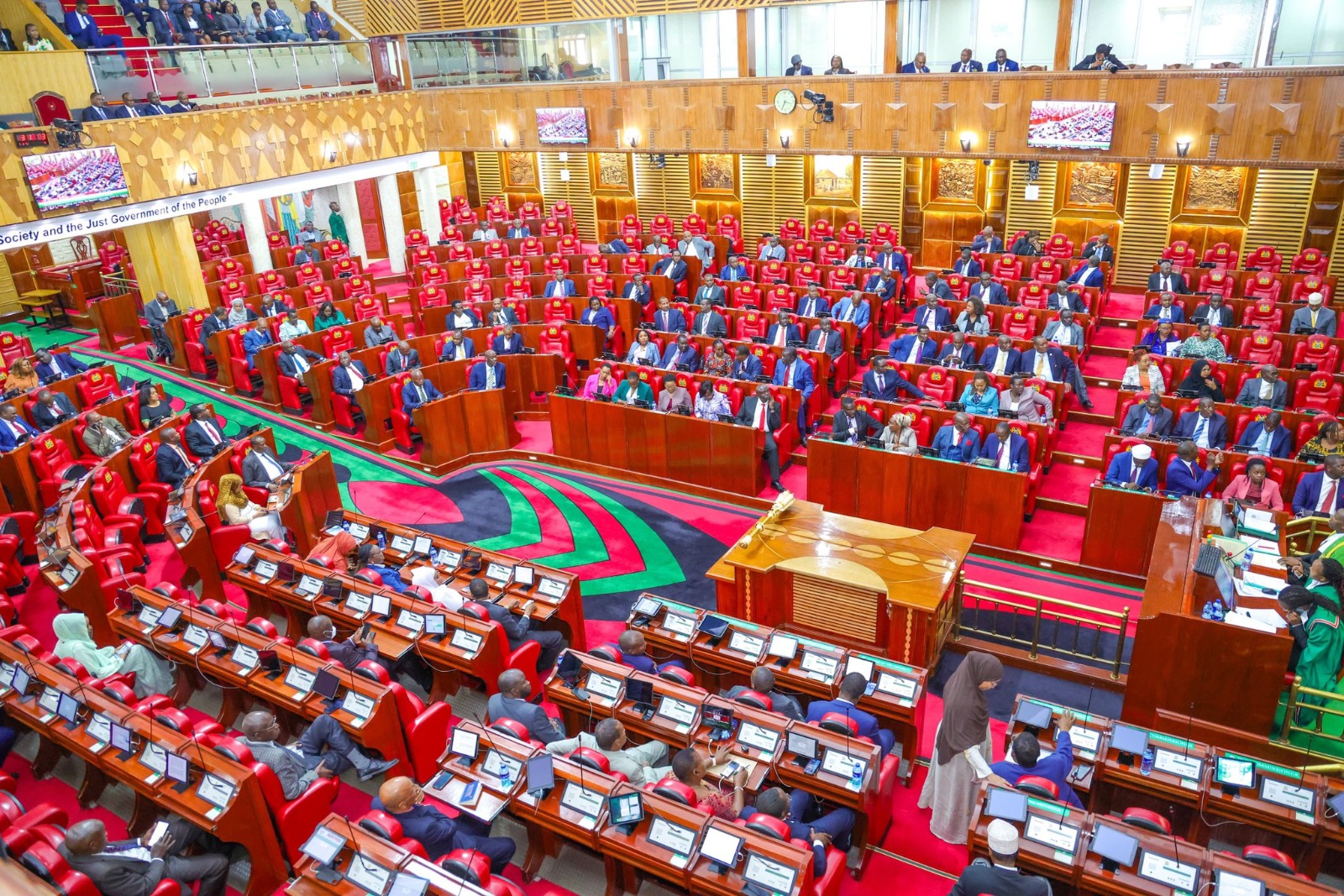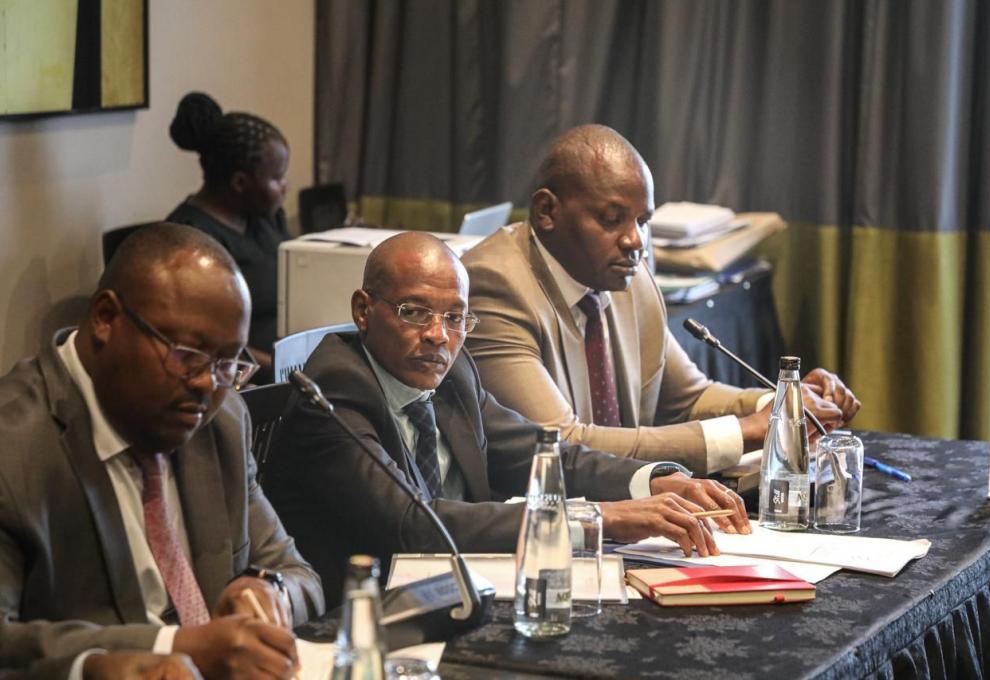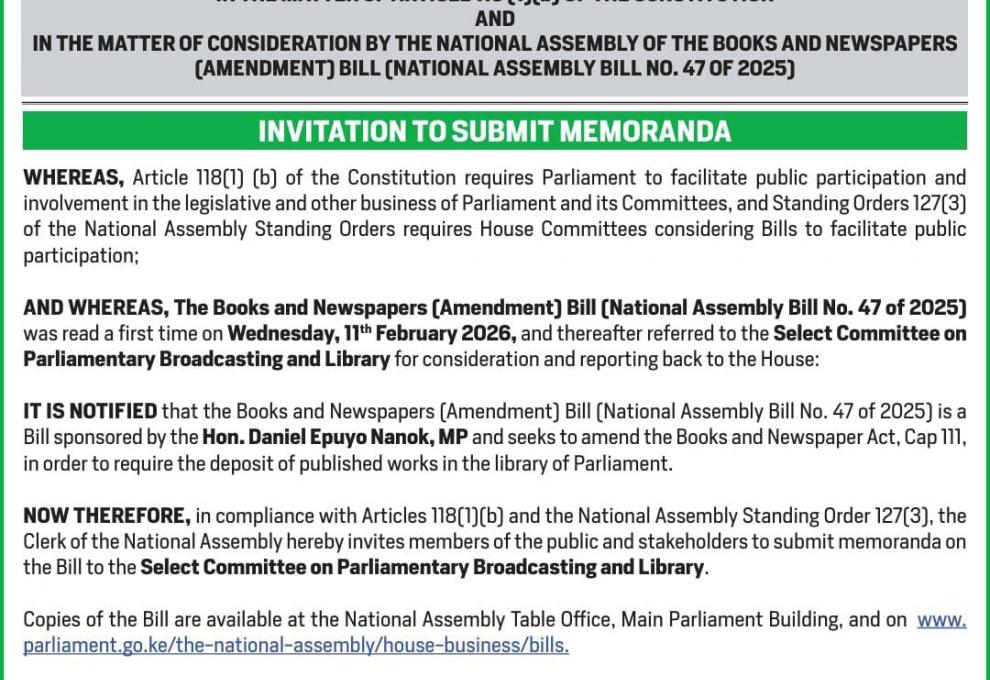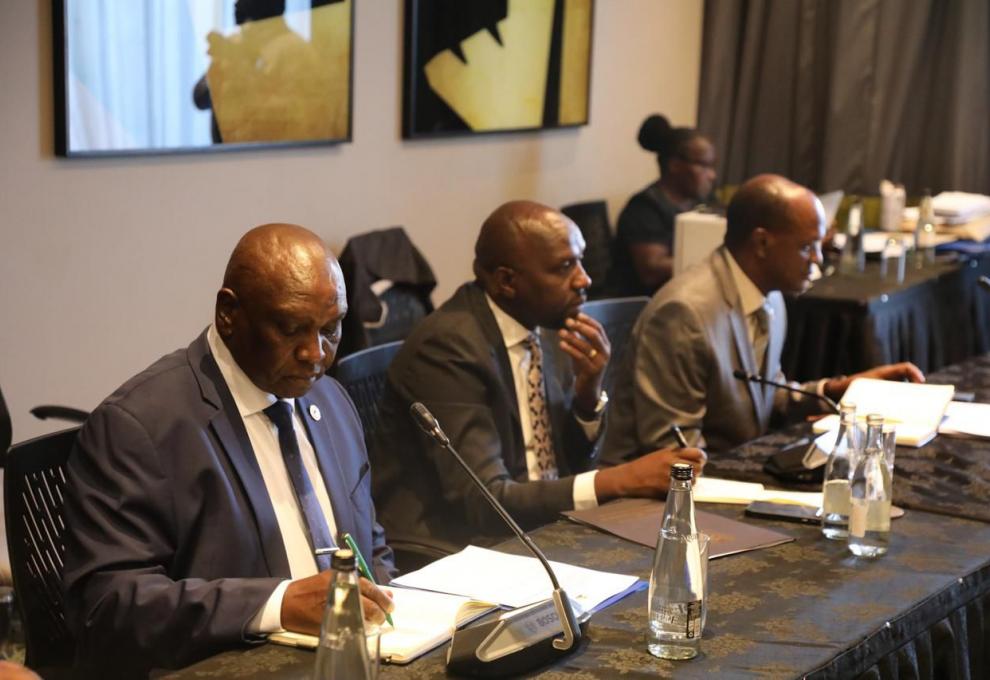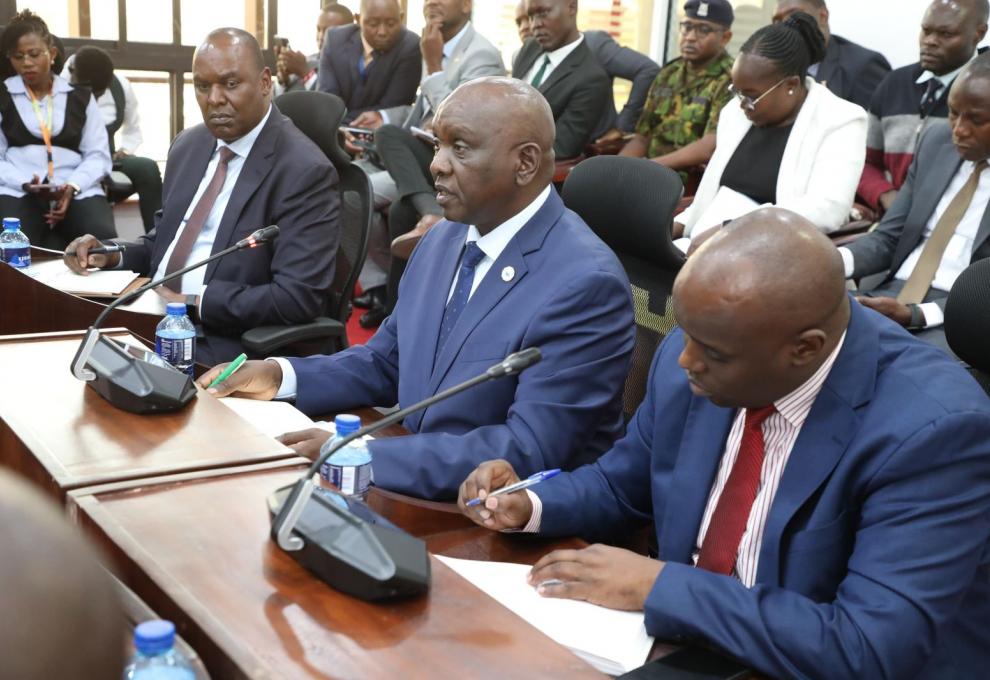𝐇𝐎𝐔𝐒𝐄 𝐂𝐎𝐌𝐌𝐈𝐓𝐓𝐄𝐄 𝐋𝐀𝐔𝐍𝐂𝐇𝐄𝐒 𝐈𝐍𝐐𝐔𝐈𝐑𝐘 𝐈𝐍𝐓𝐎 𝐓𝐇𝐄 𝐏𝐑𝐈𝐂𝐈𝐍𝐆 𝐎𝐅 𝐓𝐄𝐀 𝐈𝐍 𝐊𝐄𝐍𝐘𝐀
The National Assembly Committee on Agriculture and Livestock has begun an inquiry into the pricing of tea in Kenya following concerns raised by Members of Parliament over disparities in farmers’ bonuses between regions east and west of the Rift Valley.
While issuing a Statement in the House on Wednesday, 5th November 2025, Committee Chairperson Hon. (Dr.) John Mutunga (Tigania West) said the inquiry aims to establish why tea farmers in the western region receive lower bonuses compared to those in the east, despite facing similar production costs.
“We have received numerous complaints from Members representing tea-growing areas in the west of the Rift Valley who allege that their farmers are being paid significantly lower bonuses. Some farmers have even uprooted their tea in protest. Our Committee has, therefore, resolved to conduct a comprehensive inquiry into the pricing structure of tea in Kenya,” said Dr. Mutunga.
He noted that the tea sub-sector, which supports over 600,000 smallholder farmers, remains Kenya’s third-largest foreign exchange earner, but continues to face challenges such as delayed payments, low prices, and market access issues.
The inquiry will focus on four key objectives — to identify how tea pricing is determined, to investigate regional price disparities, to assess operational costs across factories, and to pinpoint institutional inefficiencies affecting farmers’ earnings.
Dr. Mutunga added that the Committee will analyse the entire tea value chain, from pre-production to export, while reviewing the roles of the Tea Board of Kenya (TBK) and the Kenya Tea Development Agency (KTDA).
“We will examine the cost of inputs like fertiliser, transport, and labour, analyse factory and export profit margins, and assess deductions and bonus structures to identify inefficiencies. The goal is to improve transparency, accountability, and sustainability within the tea sector,” he explained.
The Committee plans to gather information through document reviews, meetings with relevant agencies, and field visits to tea factories both east and west of the Rift Valley, as well as to the Mombasa Tea Auction. The inquiry is expected to conclude by 27th November 2025, with a report to be tabled before the House.
Speaker of the National Assembly Rt. Hon. (Dr.) Moses Wetang’ula lauded the Committee for taking up the issue but cautioned against unnecessary foreign benchmarking trips.
“You do not have to go to Sri Lanka, Uganda, or India to explain to Kenyans why tea farmers east of the Rift Valley are earning higher bonuses. The inputs and processing are the same. What we want is a fair explanation, not foreign study tours,” the Speaker said.
“Let Members from both sides of the Rift Valley work together under the Departmental Committee to get to the bottom of this matter. The report should offer a fair and clear explanation to tea farmers across the country,” added Speaker Wetang’ula.
.



